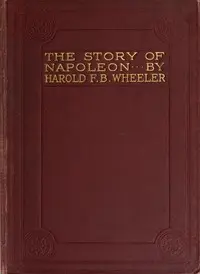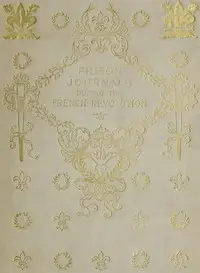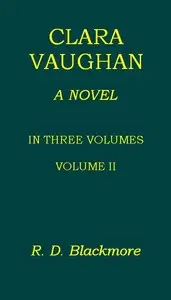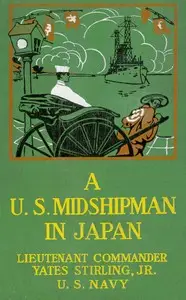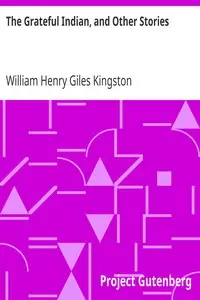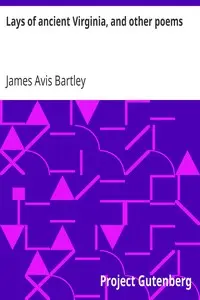"Hero and Leander" by Christopher Marlowe is a narrative poem written during the late 16th century. The work is a tragic love story that captures the intense passion between its two main characters, Hero and Leander, set against the backdrop of ancient mythology. The poem is recognized for its vivid imagery and exploration of themes like desire, fate, and the power of love. The story unfolds on the Hellespont, where Hero, a beautiful priestess, resides in Sestos, and Leander, a handsome youth, lives in Abydos. Their paths cross during a festival dedicated to Venus, leading to an instant and powerful attraction. Despite Hero's vows of chastity, their love flourishes as they secretly meet and confess their feelings for one another. However, their romance encounters tragic obstacles, particularly when Leander, attempting to swim across the Hellespont to be with Hero, perishes in the tumultuous waters. Overcome with grief, Hero ultimately takes her own life, marking the tragic end of their passionate yet doomed love affair. (This is an automatically generated summary.)

Hero and Leander
By Christopher Marlowe
"Hero and Leander" by Christopher Marlowe is a narrative poem written during the late 16th century. The work is a tragic love story that captures the ...
Christopher Marlowe, also known as Kit Marlowe, was an English playwright, poet, and translator of the Elizabethan era. Marlowe is among the most famous of the Elizabethan playwrights. Based upon the "many imitations" of his play Tamburlaine, modern scholars consider him to have been the foremost dramatist in London in the years just before his mysterious early death. Some scholars also believe that he greatly influenced William Shakespeare, who was baptised in the same year as Marlowe and later succeeded him as the preeminent Elizabethan playwright. Marlowe was the first to achieve critical reputation for his use of blank verse, which became the standard for the era. His plays are distinguished by their overreaching protagonists. Themes found within Marlowe's literary works have been noted as humanistic with realistic emotions, which some scholars find difficult to reconcile with Marlowe's "anti-intellectualism" and his catering to the prurient tastes of his Elizabethan audiences for generous displays of extreme physical violence, cruelty, and bloodshed.








